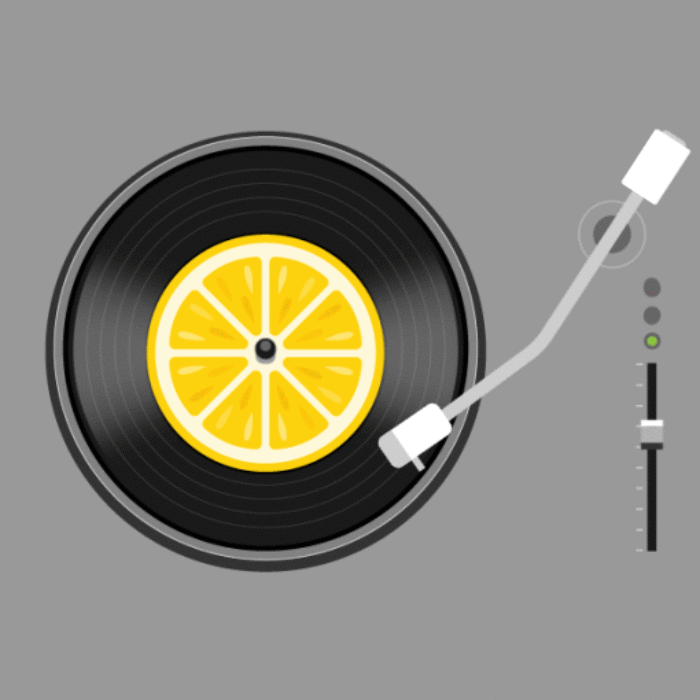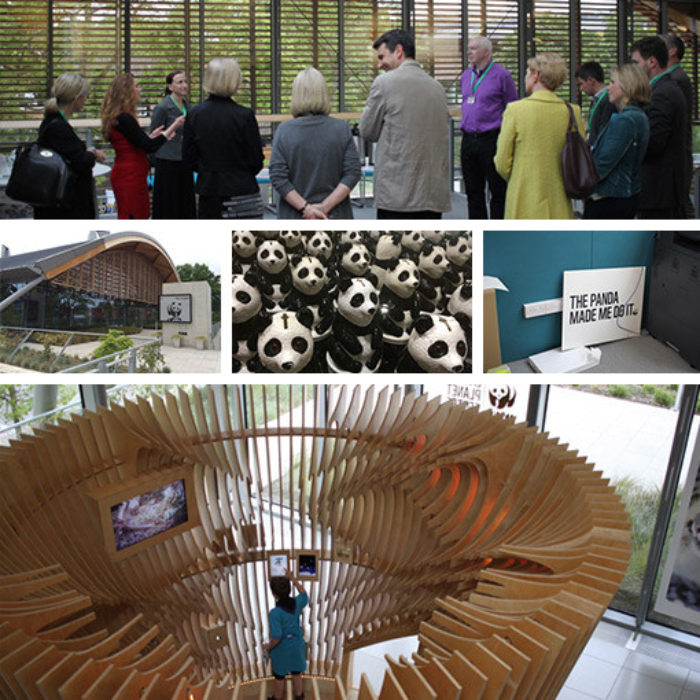Fake News: Is truth truth and fiction fiction?
Fake News is big right now.
The Washington Post has accused President Trump of making 9,451 false or misleading claims over 801 days as of March 31st 2019. Trump for his part claims that the media are continually peddling fake news. But is fake news a new thing? Should we be concerned? And what should we do about it?
We’re surrounded by fiction
The truth is that fake news is built into our nature. We choose to buy into collective fictions. In science, previous long-standing fictions have included that the Earth is flat and that everything revolves around the Earth. In religion, we’ve had the divine right of kings and the idea that blowing innocent people up can get you into heaven. In the legal profession, we have fictions like everyone is equal before the law, witness testimonies are reliable, and everyone is innocent until proven guilty. They may be aspirations but anyone who has watched “The Staircase” or “Making a Murderer” knows that in the real world, these three ideas are frequently flawed. In the economy, we have fictions around the fact that entrepreneurs create wealth for everyone, the idea that markets function effectively without regulation or that money has intrinsic value. We have the American Dream. We have social ideas like the nation, a comparatively modern idea. Or the idea that guns don’t kill people, people do.
Hell, fictions are all around us.
We need bias
Fictions often guide our daily lives. My beliefs influence the decisions I make and the actions I take. The fact is that our brains are wired to invent. We can’t even believe our eyes. Chances are, the camera on your smart phone has more precision. The brain fills in the rest. The conscious me can only hold around seven ideas at any one time (plus or minus two). And yet we have to make tens of thousands of decisions a day. We do that through cognitive biases. There are around 180 of them. We couldn’t function without them. The truth is, a great deal of fiction has function. They allow us to live – individually and socially.
For that reason, my gut feel is that we shouldn’t over-stress about fake news. But we do need to call out dangerous fictions that can threaten lives. Recent dangerous fictions include statements that sub-prime mortgages are low risk, Iraq has weapons of mass destruction, immigrants are free riders taking your job and climate change doesn’t exist. These kinds of fictions can lead to massive economic, social or environmental collapse. They can destroy lives and livelihoods. So, what do we do to challenge potentially damaging fictions?
Filtering fictions
Part of the answer is in our hands. Answers are straight-forward. Check facts or claims. Get the whole story where you can – the Office of National Statistics, the full speech someone gives, research reports rather than summaries. Open yourself to diverse ideas and opinions. Support reliable sources of news, but don’t just rely on one source. Read books, watch films, listen to music, visit new places, talk to the taxi driver.
But there’s a wider structural challenge. We have additional layers between us and the truth. The social media platforms, seen initially as increasing peer to peer communications and taking down barriers between us and the truth, can actually add new layers – celebrities, vloggers, experts and people deliberately seeking to spread disinformation. The big companies use our data to understand our interests and views and expose us to content that simply re-affirms current views rather than widening our views and interests.
In his book “Social Physics”, Alex Pentland identifies two major social measures that improve an organisation’s effectiveness – the total number of social contacts we have in the course of a working day (regardless of content) and the diversity of ideas to which we are exposed. The true enemy of the truth is the echo chamber.
Is regulation the answer?
There is a role here for regulation. Mainstream news organisations are often firmly regulated. And their economic model is difficult to sustain. Investigative journalism is costly and unsustainable. Social media platforms are not often firmly regulated and often do not apply the high standards of responsible practice we need. And very loud voices often seem able to get away with insults and threats under the cloak of anonymity.
I don’t yet have fixed ideas but there does seem to me to be potential directions here – increased regulation of the unregulated for gatekeepers of news, increased accountability of the unaccountable and perhaps arms-length state funding of investigative journalism. The ideal is to break down or raise awareness of the two major barriers between the time-poor us and the facts. These two barriers are our own cognitive biases and the gatekeepers who interpret the truth to save us time.
We’ve seen in the last decade a massive under-investment in communications and dialogue. The UK Government has failed in its responsibilities. The European Commission has failed in its responsibilities. And we have failed ourselves in demanding from intermediaries, governments, businesses, ourselves and others basic standards of accuracy and balance in the information we consume.



